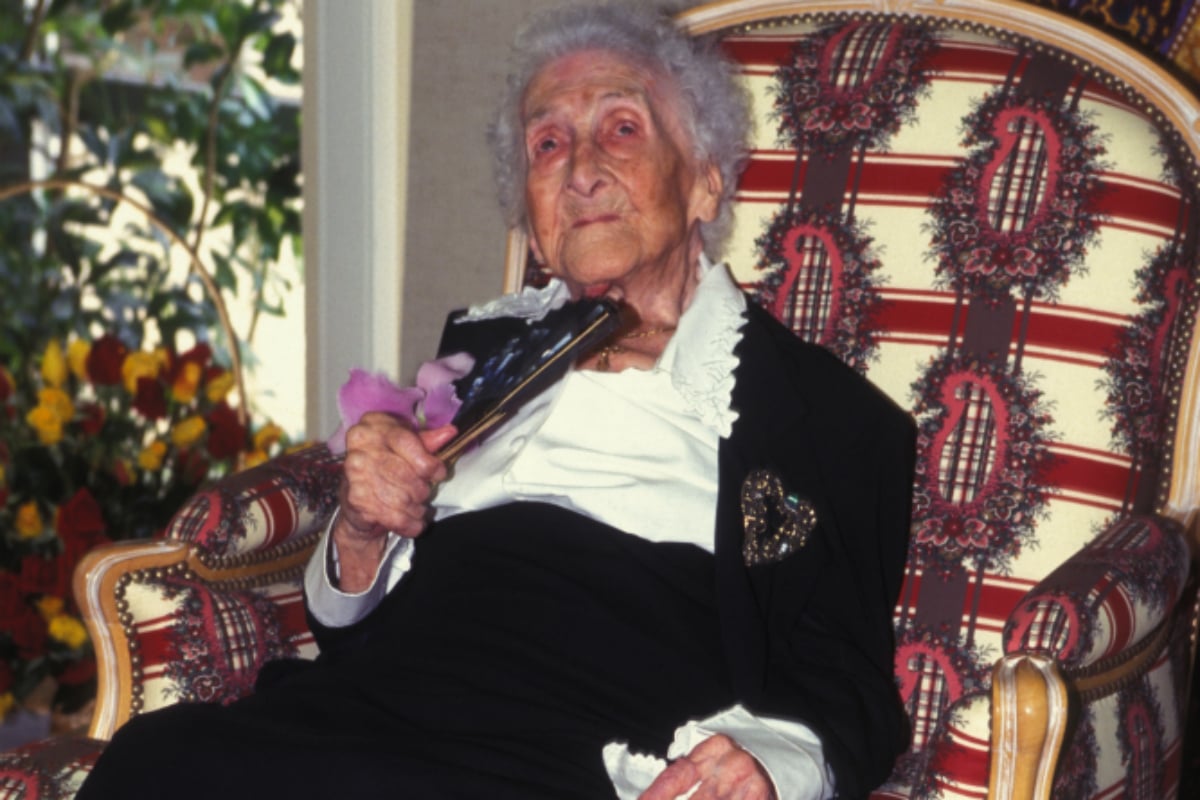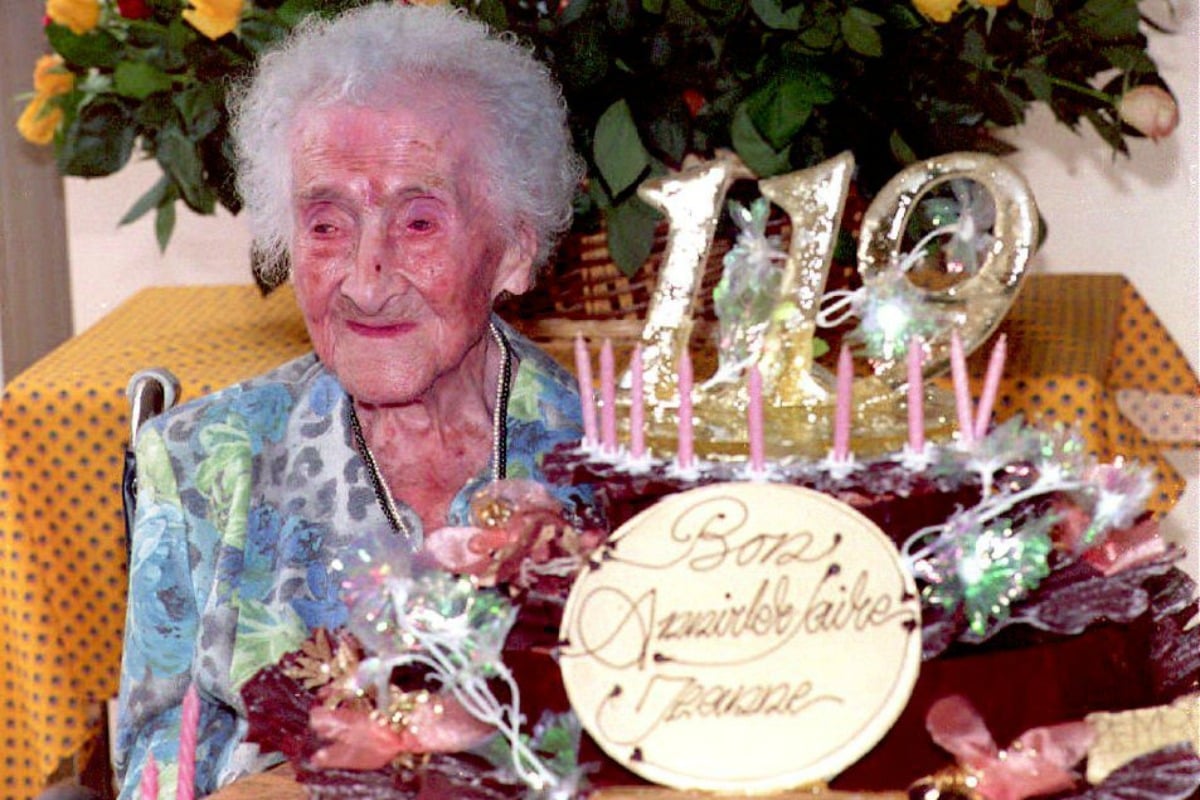
When Frenchwoman Jeanne Calment died on 4 August 1997 it was international news: the oldest known person ever to have lived had died.
The Guinness Book of World Records had certified that Jeanne had lived to the ripe old age of 122 years and 164 days, beating out rivals for the title by at least two years.
What was Jeanne’s secret to such a long life, people had asked? Well, she regularly had coffee or tea for breakfast, and occasionally treated herself to Port wine, chocolate and cigars. She also continued forms of exercise into her extremely old age.
For her efforts, until her death, she had never been sick, she said.
From about her 112th birthday, she became the subject of fascination and world attention. Doctors examined her, researchers conducted studies and reporters asked for interviews – all to find out as much as they could about the medical marvel who defied death for so long.
But two decades after her passing, questions about the validity of Jeanne’s record as the world’s oldest person have surfaced.
Could it be that we’d all been tricked? And if so, how, in the 20th century, could someone so successfully forge their age?



Top Comments
Jeanne Calment gave one of my all time favourite quotes - “I only have one wrinkle, and I’m sitting on it.” I don’t care how old she was, she sounds like my kind of lady!
"Doctors found during a medical examination of her at age 118 that she had the same verbal memory and language fluency as someone in their 80s or 90s - which if this theory is true, makes a lot of sense."
And those doctors compared that data against the plethora of data they collected in 118 year olds, right? How exactly did they reliably establish a comparator "normal" baseline for people aged well into their 100's? There's not exactly a great deal of people to study in that demographic... so who's to say that verbal memory and language fluency is predictably different at that age?